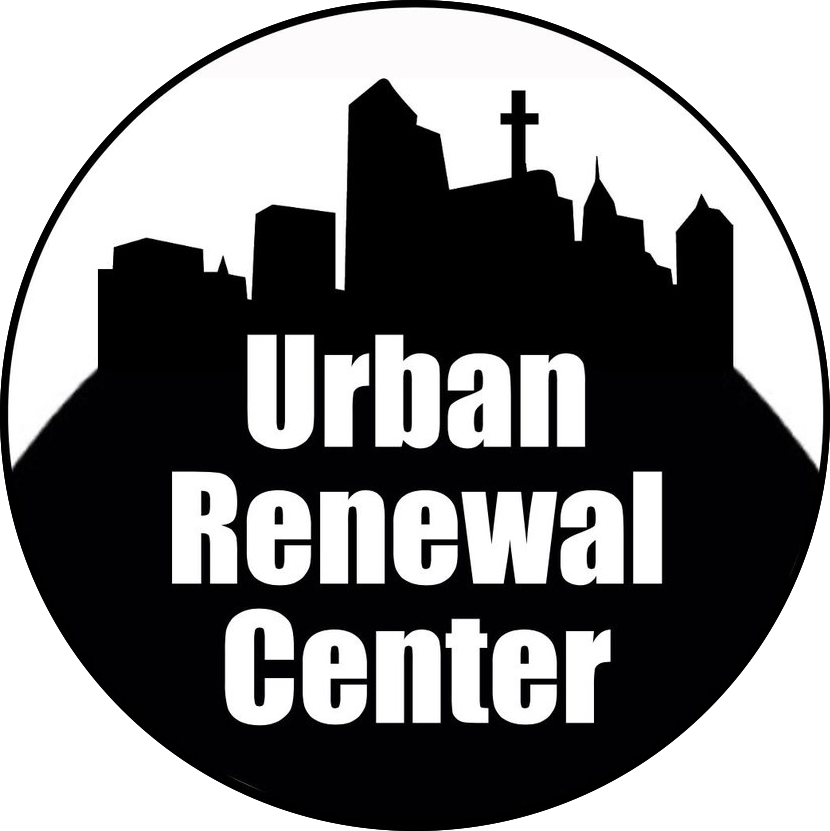About the Beloved Community Project
The Beloved Community Project at The Urban Renewal Center is part of our commitment to helping non-profits and national organizations build programs centered on diversity, equity, and inclusion. We work with organizations to craft educational and training resources to bring about meaningful changes to corporate culture, aiming to improve race-based, class-based, and gender-based diversity.
Our Mission
To build stronger relationships in diverse communities and heal racial brokenness as a result of lived experience.
Our Goal
To assist organizations in their effort to build more cohesive communities of diversity by attending to cultural changes in organizational structure.
Our Lead Consultant
Antipas L. Harris, PhD
Antipas is a public intellectual whose service, leadership, and scholarship have gained national and international attention. He is deeply committed to healing systemic divisions in our society.
Harris has led public classes and panels on race, politics and faith, the issue of race in America, the refugee crisis, and more. He has served on the board of numerous non-profits aimed at social justice reform such as the Hampton Roads Committee, the National Hispanic Christian Leadership Conference, and the Fair and Impartial Police Committee aimed at police reform. He is the recipient of the Virginia Center for Inclusive Communities Award, also awarded to URC Board Chair Jim Wood, as well as the FBI Director’s Community Leadership Award for Hampton Roads.
A graduate of Emory University and Yale University, Harris has worked on curriculum development in higher education for the past 20 years. He has served on the faculties at several universities. Namely Sacred Heart University, New York Theological Seminary, Fuller Theological Seminary, Portland Theological Seminary, and Vanguard University. He has also held a lecture chair at North Central University in Minneapolis, Minnesota. Harris is passionate about social justice and the formation of unity amid diversity. He is well-known for his ability to build coalitions with unlikely community partners, crossing racial, ethnic, class, and gender lines.

